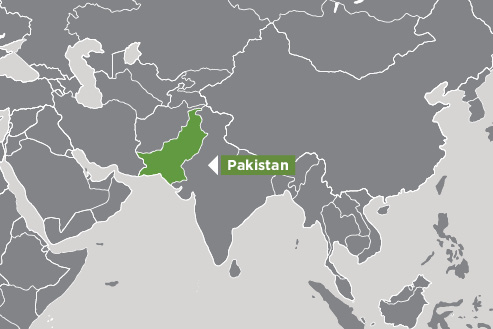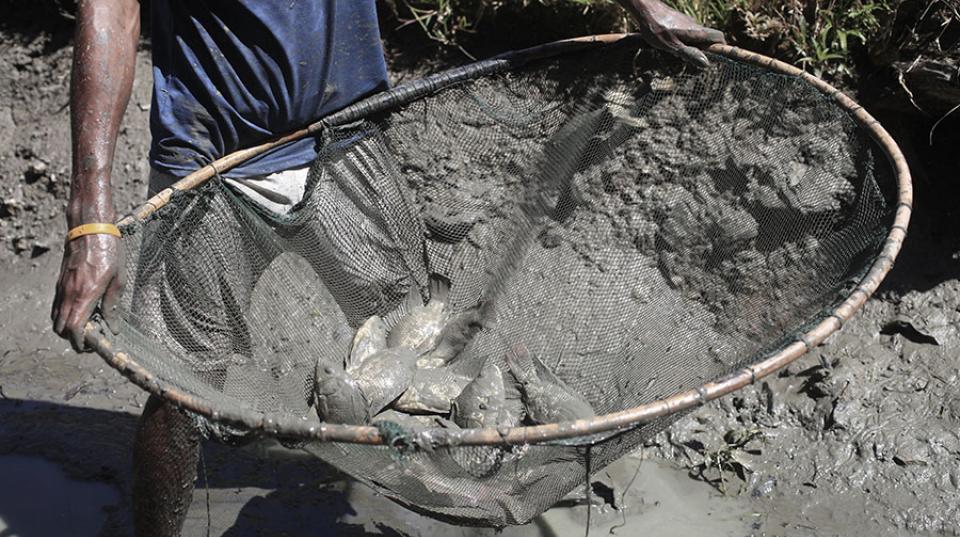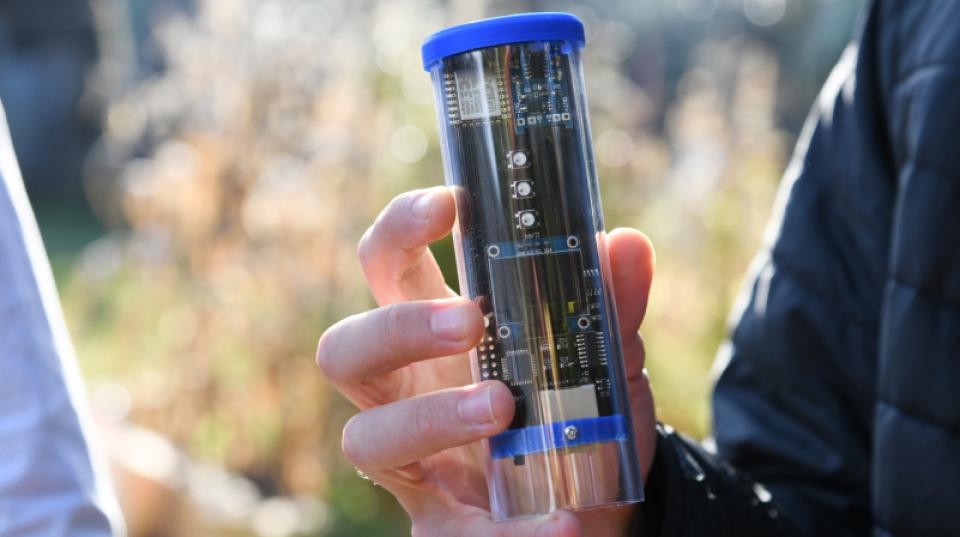Overview
This project aimed to identify and review options, opportunities and risks for brackish aquaculture in the southern Indus Basin, as a potentially transformative adaptation strategy for areas affected by salinity.
Salinity problems in Pakistan’s agriculture have been longstanding, and work over the years has largely adopted engineering approaches to the problem. Since 1980, several projects supported by various national and international agencies have attempted to improve the situation, but aquaculture has not been fully explored as an option for saline areas.
This project developed a shared understanding of the potential of saline aquaculture with farming communities and relevant government and non-government agencies as a productive and profitable new farming activity for smallholders living in marginalized saline areas of the Southern Punjab and Sindh Provinces.
This project conducted an assessment of the options, opportunities, and risks for brackish aquaculture in the southern Indus basin in Pakistan, and the extent to which aquaculture could provide a transformative adaptation option for agricultural areas affected by or are at risk of salinization in the region. The results of the project will feed directly into the policy and scenario analysis of the Salinity in Pakistan project (LWR/2017/028), as well as informing policy directions for enhancing the production of saline aquaculture in Pakistan.
Project outcomes
- A resource inventory of suitable areas for different types of saline aquaculture and aquaculture farming systems in Southern Punjab and Sindh Provinces of Pakistan by collecting secondary data from different government agencies and donor projects, principally through remote sensing techniques.
- Mapped the key stakeholders (government, private industry and non-government) and farming families to get a better understanding of the institutional context related to local saline aquaculture issues and the perspectives of different stakeholder groups.
- Shared knowledge of saline aquaculture from other regions (principally Bangladesh and Myanmar) for critical review of findings and sharing of relevant learning and potential solutions across South and SE Asia regions.






